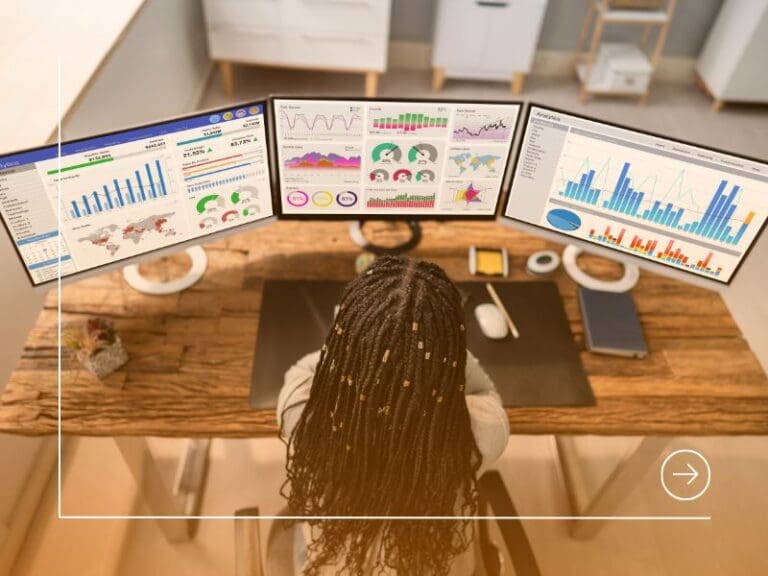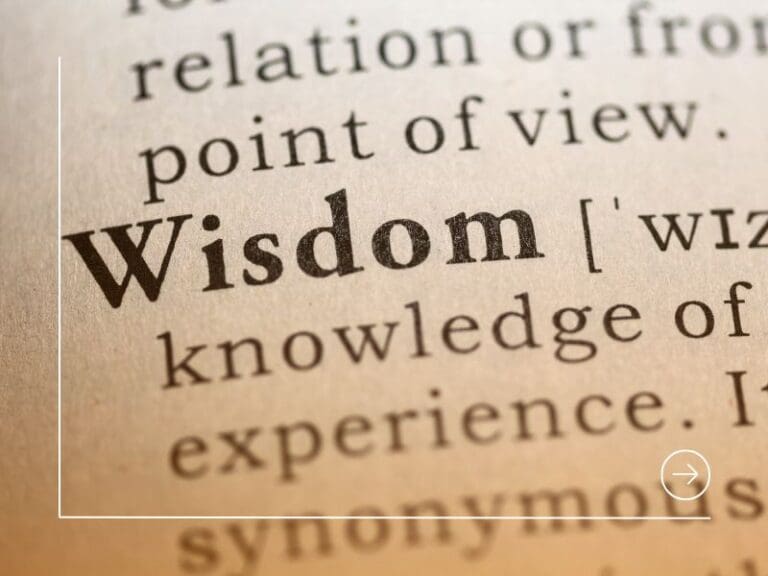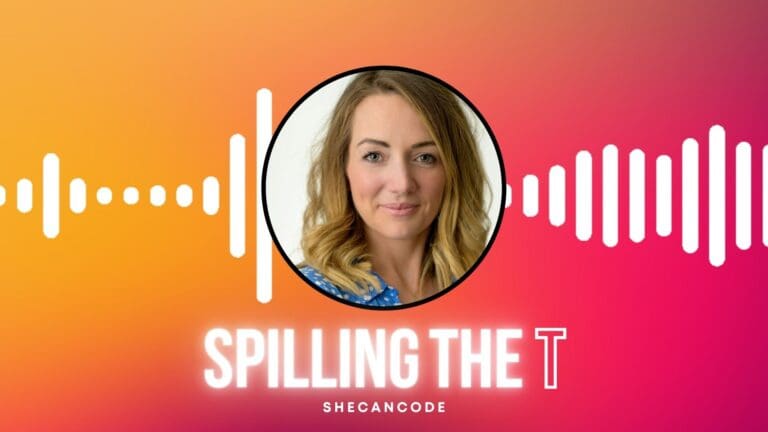All our digital assistants, like Siri are women, or at least women sounding. With such consistency across the board, there must be some good reasoning behind it. After all, artificial intelligence is just a reflection of ourselves.
When I ask Siri “What is your gender?” she tells me that she is beyond my human concept of gender. Whoa. I’ve never felt insulted for being human before or been reprimanded by a machine for submitting to gender norms. But then she offers me a tip: I can choose a different voice for Siri in the voice settings. There, I am given three accent options, (American, Australian, British) and two gender options: Male, Female. So maybe not so beyond gender after all.
Exploring the Gendered Voice:
All our digital assistants are women, or at least women sounding. Siri, Google Now, Alexa, Cortana, and a handful of other virtual chatbots here to make our day easier talk to us with the friendly intonation of a young female. With such consistency across the board, there must be some good reasoning behind it. It’s an easy grab to suggest that women are easier to understand, but it’s not true. Gizmodo easily debunks the myth that the higher-pitched female voice is more intelligible. If anything, natural hearing loss due to aging affects higher-pitched voices first. In addition, females are about as intelligible as males based on speaking patterns. And small speakers perform similarly with female and male voices.
So then there’s what we prefer. After all, Siri is a product and products should be likeable—so that they sell. “In our research for Cortana, both men and women prefer a woman, younger, for their personal assistant, by a country mile,” Derek Connell, senior vice president of research at Microsoft, told the NYT. Amazon said the same thing to the WSJ. And in case we needed the impartial stamp of approval from academia, Prof. Karl Macdorman, a professor at Indiana University, has done research on synthetic voices showing than both women and men express a preference for the feminine when it comes to personal digital assistants.
The Gender Paradox: Silent Female Voices in Digital Assistants
I can only imagine the backlash if, when asked what her gender is, Siri responded with, “I’m a woman. Here to help!”
Then it’s done: Siri is a woman because it’s what we want. We probably want Siri to be a woman because as a society we view women as helpful and supportive nurturers who will do what we want and ask nothing in return—the perfect assistant. Think teachers, think secretaries, think nurses, think mothers. Think women called aggressive when men would be called assertive. It’s a depressing truth that none of the technology giants of our day will step up and set the default voice to be male—Google Now doesn’t even have a male voice option—but perhaps it’s our own fault. Like all A.I., digital assistants are a reflection of ourselves. And after all, Silicon Valley, despite branding itself as a meritocracy, is incredibly sexist. Look for Uber’s sexual assault culture, Venture Capitalists’ inability to invest in female founders, or just ask any female engineer you know (if you know any) how many women are on her team, or if she’s ever been made to feel uncomfortable at work for her appearance.
But Siri doesn’t say she’s female. Remember: she’s beyond all that human stuff. Neither does Google Now: “I try to stay neutral.” Cortona: “Well, technically I’m a cloud of infinitesimal data computation.” Alexa: “I’m female in character.” I can only imagine the backlash if, when asked what her gender is, Siri responded with, “I’m a woman. Here to help!” Products are meant to sell and blatant sexism doesn’t sell these days. For all of Silicon Valley’s problem, technology companies want to hire women, even if they don’t know how to attract or keep them. (Case in point: Microsoft’s new ad urging women to stay in tech, despite the company having a laundry list of sexual harassment and discrimination problems.) They know that explicitly slating digital personal assistants as helpful, demuring women is bad for business and bad for the world. They just also know that people prefer female voices.
Challenging Stereotypes in A.I. Voices
Prof. Mars, a researcher at the University of Michigan and entrepreneur in the space of digital assistants, is hopeful that eventually, he can counter stereotypes with unexpected A.I. voices. “It would be interesting to have a black guy talk, but we don’t want to create friction, either. First, we need to sell products,” he told the NYT. Prof. Macdorman, the researcher who showed that we prefer female voices, told the WSJ that device designers face “an ethical quandary here. Maybe they shouldn’t be reinforcing the stereotypes but challenging them or being neutral on them.” We’re thinking about it. Slowly.
For now, you can vote with your ears: if you have the option, change the voice to a male one, even just for a day or two. Try a different accent. Movements gain traction when we learn that not everyone is what we thought. That men make great stay-at-home parents and women make great tech executives. That some people prefer Siri to sound female and others want him to sound male. After all: he’s beyond gender.
About the author

Katy Gero has been lucky enough to work at two tech startups with female CEOs. A year after finishing her undergraduate degree in mechanical engineering, she slyly transitioned into data and computer science roles. A long time writer and poet, she loves getting people interested in science and technology and bridging the gap between the arts and engineering.








